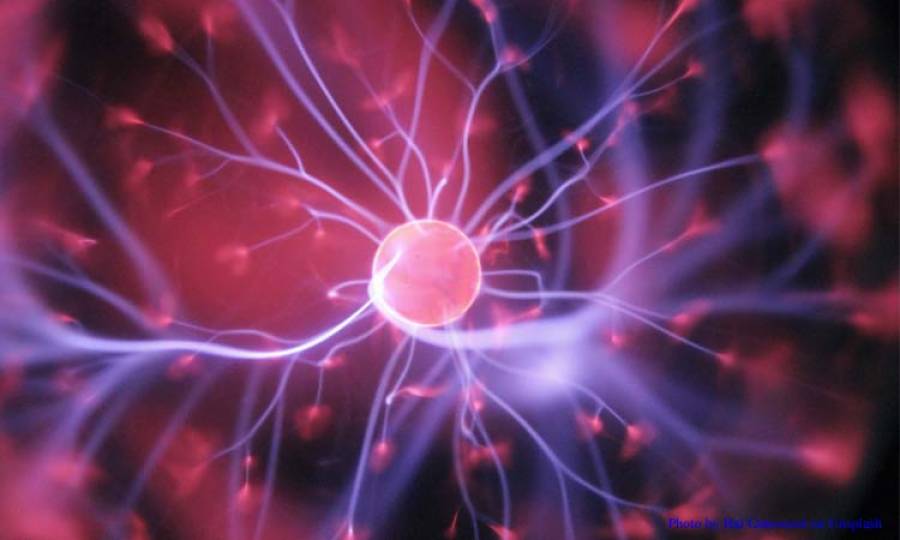Top 10 medical technology advances: medicine in the future

A significant shift in the way diseases are identified, treated, or prevented might potentially save and lengthen lives. Medical advancements are absolutely essential to society; they reduce disease's financial burden and safeguards healthcare systems. As a result, various innovations have transpired in recent decades.
Medical technological advancement
In the second half of the 13th century, eyeglasses were invented, and stethoscopes in the 1800s. Mobility, a growing middle class, and an ageing global population are pushing change in healthcare, and the underlying technology is moving faster than ever. The medical field is getting exciting day by day. To gather and analyze large data sets quickly, we are on the eve of some fantastic advances in medicine.
Read on to learn the top 10 medical technology advances that are the future of medicine.
Cellular genomics
Cellular genomics provides such knowledge, allowing us to understand better how cancer cells vary, how genetic variations affect treatment response, how we react to infections, and even how we create illness.
Brain-computer interfaces
Envision a retinal chip providing you perfect vision, a cochlear implant offering you perfect hearing, or a memory chip giving you nearly infinite memory.
3D printing drugs
The Food and Drug Administration, United States of America, authorized a 3D-printed epilepsy medicine named Spritam in August 2015. With this method, the powdered medicament dissolves quicker than regular tablets.
Synthetic food
Tons of meat may be produced from only a few starting cells. Artificial beef will be available to the general public within three to four years.
Personalized medicine
Human Genome Project data is making personalized medicine a reality, allowing researchers to determine the activities of every human gene.
Nanomedicine
Nanomedicine is the medicinal use of nanotechnology, which functions on the atomic, molecular, or supramolecular scale.
5G enabled devices
Patients' outcomes will improve as a result of better patient monitoring. It's already being discussed by futurists how 5G, healthcare, and robots may work together.
Digital assistants
Health data may be captured, analyzed, and used with the help of natural language processing and ambient listening.
Smart pacemaker
Using Bluetooth technology, pacemakers may be connected to smartphone-based mobile applications that patients can better understand and use.
Virtual reality
In physical therapy, virtual reality may assist patients in recovering from severe limb injuries. It can also be used to ease phobias and post-traumatic stress disorder via personalized exposure and treatment.
The bottom line
It's impossible to keep up with all the mind-boggling medical and healthcare breakthroughs that are being introduced daily. But there were so many ideas and medical technology advancements that might provide us with a view into the future that it was difficult to put them all into one piece. Still, the article listed is some of our favourites.
Advertisement
Trending
Popular
Aging: New study identifies key lifestyle, environmental factors ...
-
Hair loss: Discovery uncovers key stem ...
08:00 PM, 25 Feb, 2025 -
Broccoli sprout compound may help lower ...
11:31 AM, 25 Feb, 2025 -
Gas Pain vs. Heart Attack: How to tell ...
09:00 PM, 22 Feb, 2025 -
Coconut oil supplement shows promise ...
08:00 PM, 20 Feb, 2025



